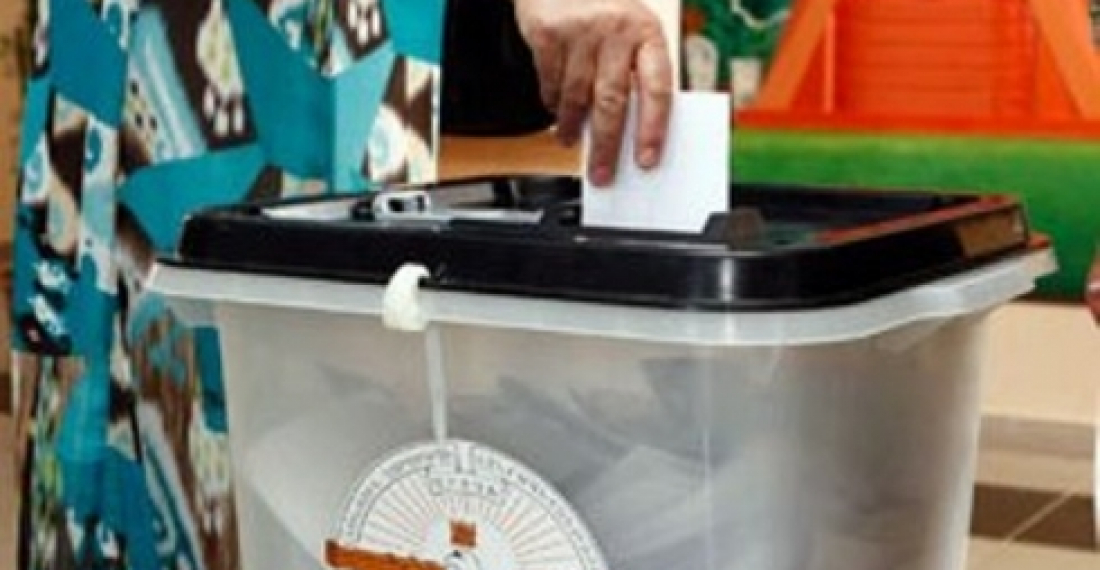The co-Chair of the OSCE Minsk Proces have issued a statement after meeting separately in Paris with the Foreign Ministers of Armenia and Azerbaijan in an attempt to re-start negotiations on the resolution of the Karabakh conflict that have been stalled for some time. In their statement the co-Chair said that they hoped for a meeting between the Presidents by year end, but dismissed impact of Karabakh elections on the peace process.
The statement said that "the Ministers reported on their respective President's meeting with President of France Francois Hollande in Yerevan and Baku April 24-25. We stressed to each Minister the importance of the Presidents of Armenia and Azerbaijan intensifying their dialogue, and continued preparations for the next presidential meeting later this year. The Ministers agreed to meet each other, together with the Co-Chairs, to shape the agenda for the Presidents' discussion, and welcomed an upcoming visit to the region by the Co-Chairs".
In their statement the co-Chair also commented on parliamentary elections that are due to take place in the self-declared Nagorno-Karabakh Republic (NKR) on Sunday.
They said that "in the context of a comprehensive settlement of the conflict, we recognize the role of the people of Nagorno-Karabakh in deciding their future. However, none of our three countries, nor any other country, recognizes Nagorno-Karabakh as an independent and sovereign state. Accordingly, we do not accept the results of these "elections" as affecting the legal status of Nagorno-Karabakh, and stress that they in no way prejudge the final status of Nagorno-Karabakh or the outcome of the ongoing negotiations to bring a lasting and peaceful settlement to the Nagorno-Karabakh conflict."
The three co-chair of the OSCE Minsk Process are diplomats representing France, Russia and the United States.
source: commonspace.eu with osce.org
photo: A ballot box in a recent election in the self declared Nagorno-Karabakh Republic (archive picture)







